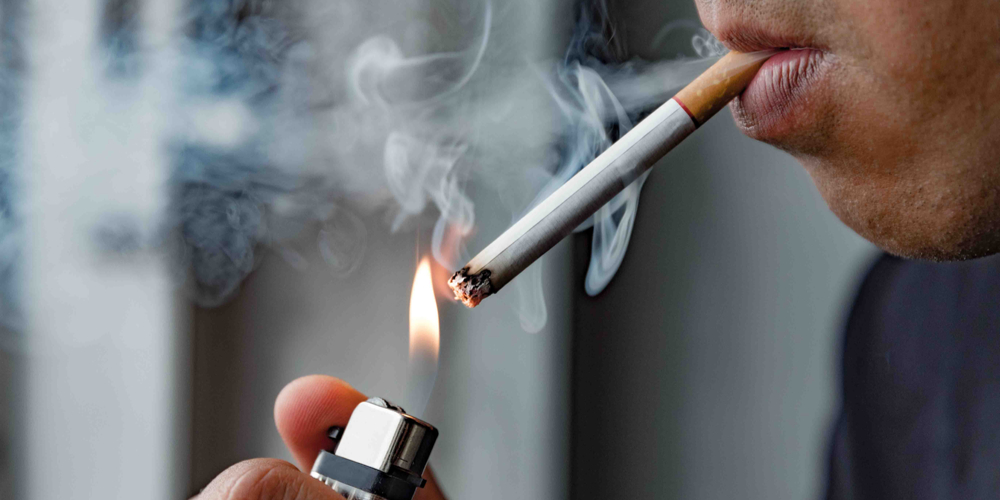
The Basics
For anyone who wants to improve their general health, stopping smoking is an obvious place to start if you currently do. Smoking related illnesses are the biggest cause of illness and death in Britain, accounting for over 100,000 deaths every year in the form of cancers, blocked arteries and heart disease amongst others.
Over fifty percent of people who smoke will die as a result of a smoking related illness. People who smoke have a life expectancy of ten years lower than that of a non smoker. Roughly eighty percent of non smokers survive past seventy years of age, for those who smoke the figure is around fifty percent. Studies show that the younger the starting age for smoking, the more likely they are to smoke for a longer period and resultantly, to die from smoking related illness.
The diseases associated with smoking are not even among the easier ways to die, illnesses such as cancer and pulmonary obstructions can take a long time to actually kill a person, with some very nasty effects along the way.
Smoking can also lead to many non fatal but extremely unpleasant conditions which can severely reduce the quality of a life which may well already be cut short by smoking.
The Up Side
It is never too late to stop. Many people see it as pointless to give up after years of smoking, however after any period there will still be benefits. Stopping smoking even in the later stages of life can reduce the chances of contracting one of the many fatal or just unpleasant diseases which are linked to smoking.
You are not alone. Because of governmental measures and increased awareness about the health effects of smoking, the number of smokers keeps falling as less people take up the habit and more choose to quit. Forty years ago around half of UK adults smoked. Twenty years ago this figure was around a third. Now, in 2010 only around a quarter of adults smoke. There are a number of options to help you if you wish to join those who have stopped.
But smoking helps me relax!
Entirely untrue. Nicotine, which goes along with all the other harmful components, is an addictive drug. When you have been smoking for a while, this substance builds up in your system, affecting your brain. When you then stop having nicotine for even a short period, you suffer from withdrawal, the symptoms of which you are probably familiar with: hunger, headaches, cravings, lack of concentration, stress, irritability, the inability to sleep and others. Nicotine causes all these symptoms and smoking just relieves them very temporarily so that you feel normal, as you would all the time if you didn’t smoke at all.
If it’s really that bad, how do I get help to stop?
The 4,000+ chemicals you inhale whilst smoking cause a list of diseases in yourself and others around you which is scary to say the least. With all the health problems, quite apart from the issues like the expense, the smell and the damage to your clothes and your home (as well as having to stand outside to do it as of 2007) it is no wonder that two thirds of UK smokers want to quit.
Help is at hand, your doctor or local pharmacist can provide information and support to help you quit smoking. You may also have an NHS Stop Smoking Clinic in your area which your doctor will have the details for if they think you could benefit from the service. There are also a range of nicotine replacements in different forms as well as prescription medications which may aid you in your quest to quit.
